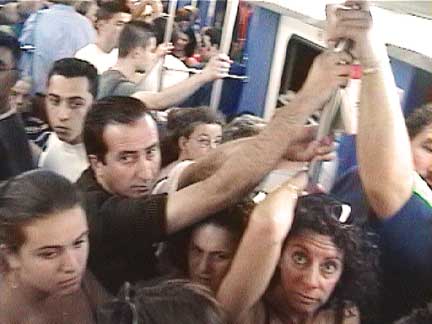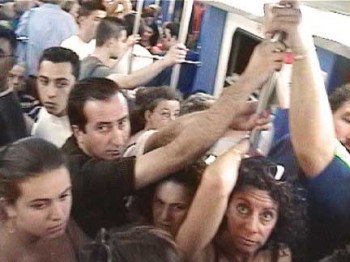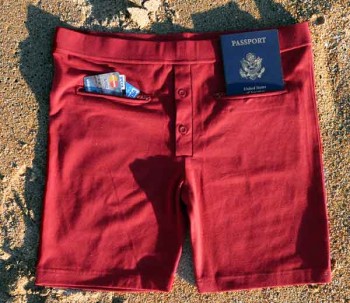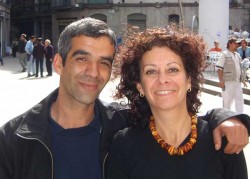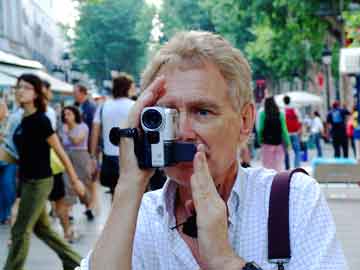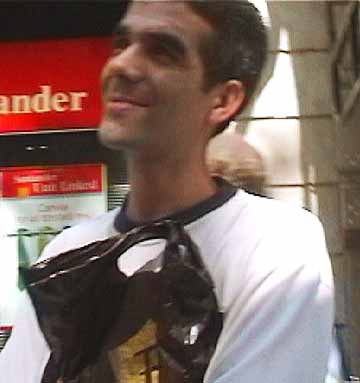Evening. A sudden, deafening heartbeat jars my bones, and a vague anxiety revisits. The helicopter is back. Hovering low, its searchlight swings over my window, invading my private space with public urgency. I feel consumed by the thrumming and vibrate with it. The beam of light passes over my window again before it flies away, but it doesn’t go far. It circles, again and again, as usual.

“Criminal on the loose again,” I say. This happens at least twice a week, sometimes twice a day. If it’s daylight, I feel compelled to run outside and stare up at the police chopper, or look for glimpses of it between the trees and rooftops. This is the nester in me, the homeowner afraid for her safety and security. And it’s the thiefhunter in me, trying to triangulate the position of the fleeing perp, guess the scene of the crime.
If it’s night, I mentally confirm that all doors are locked. Who is being hunted? What did he do? Where is he now? Where would I go, if it were me? My neighborhood’s a good one for hiding, with all its mature trees and shrubs and shadows. Lots of walls to leap over. Did I leave any lights on to light up the yard? Sometimes Bob and I turn on a police scanner, but it’s never interesting. Sometimes we only get valet parking attendants, or something to do with golf. We haven’t learned how to use it properly.
Sometimes the helicopter is accompanied by sirens on the ground, but not always. Today the police cars actually drove onto the street behind my house. There, they always turn off their sirens before entering the neighborhood.
I don’t live in a war zone, but in a city center. Having grown up in suburbia, I can’t ignore these incidents as life-long city-dwellers might. The searches are never resolved to my satisfaction. I never learn what happened, or if the subject was caught. In fact, I’m always left with the vague assumption that the helicopter just gave up and left the criminal on the loose. It’s always a criminal, by the way. Never a suspect. In my mind.
I lived in Atlantic City for a year and heard more sirens there. Many, every day. But no helicopters. Maybe it was just a budget thing. Maybe Atlantic City police didn’t have a helicopter.



